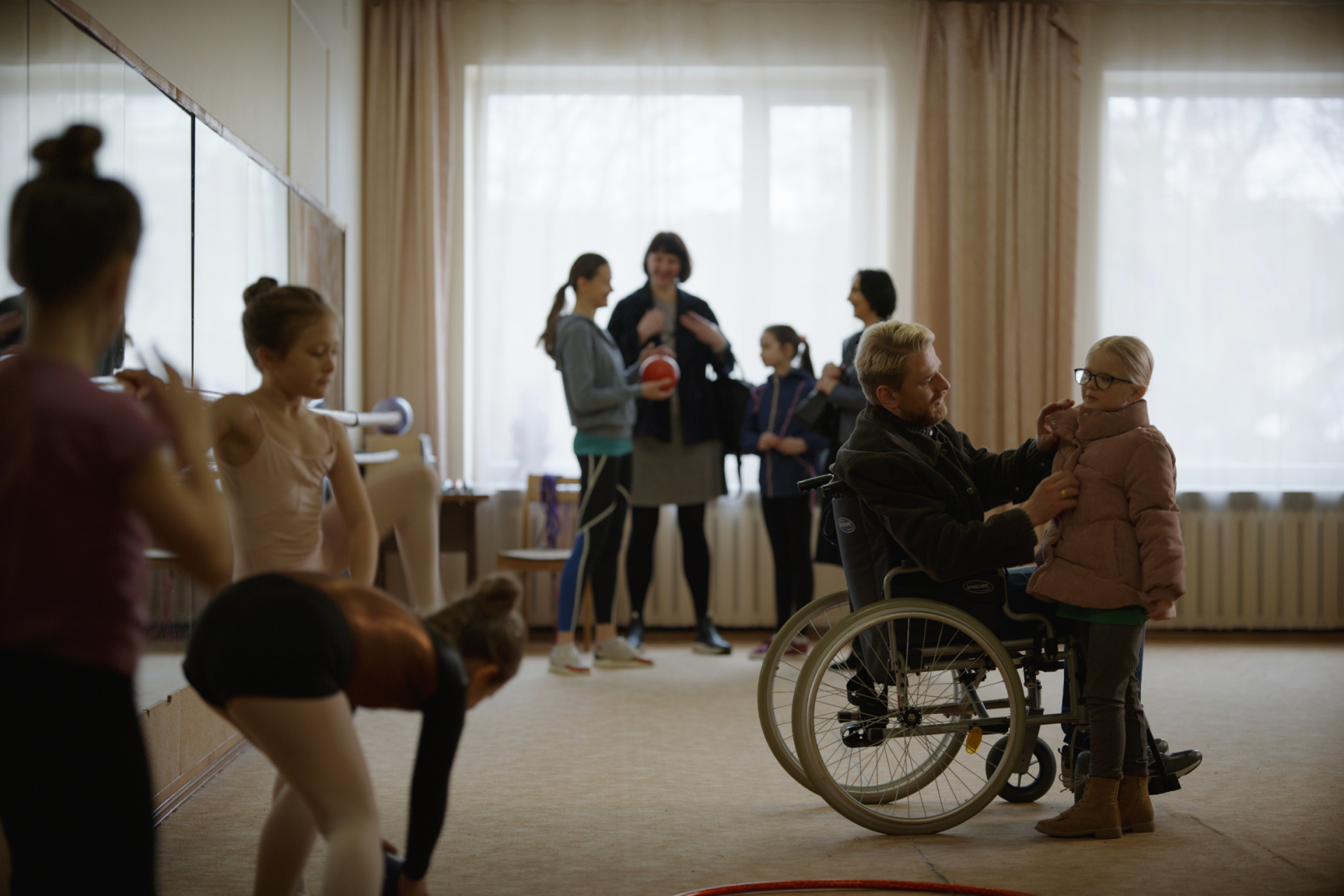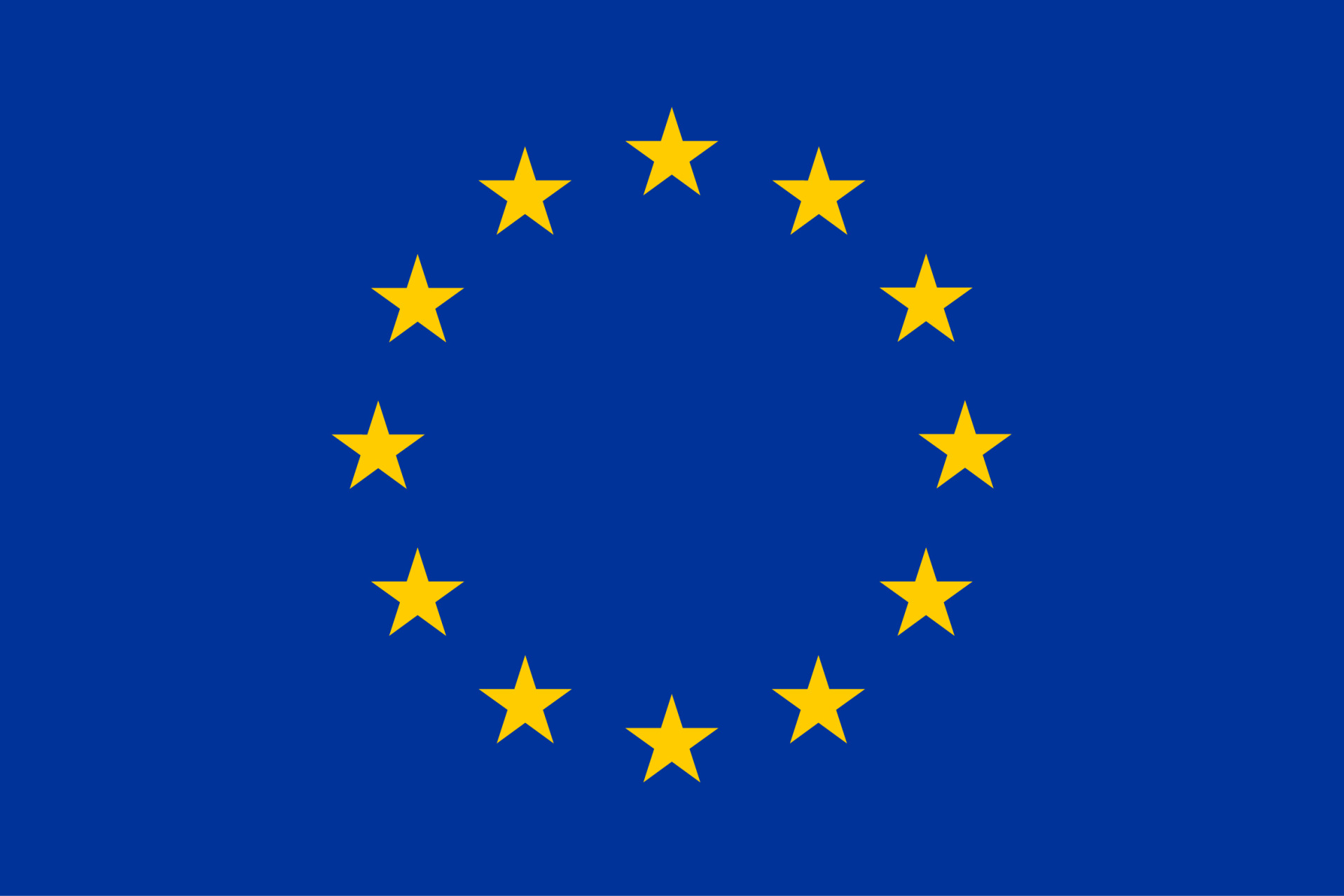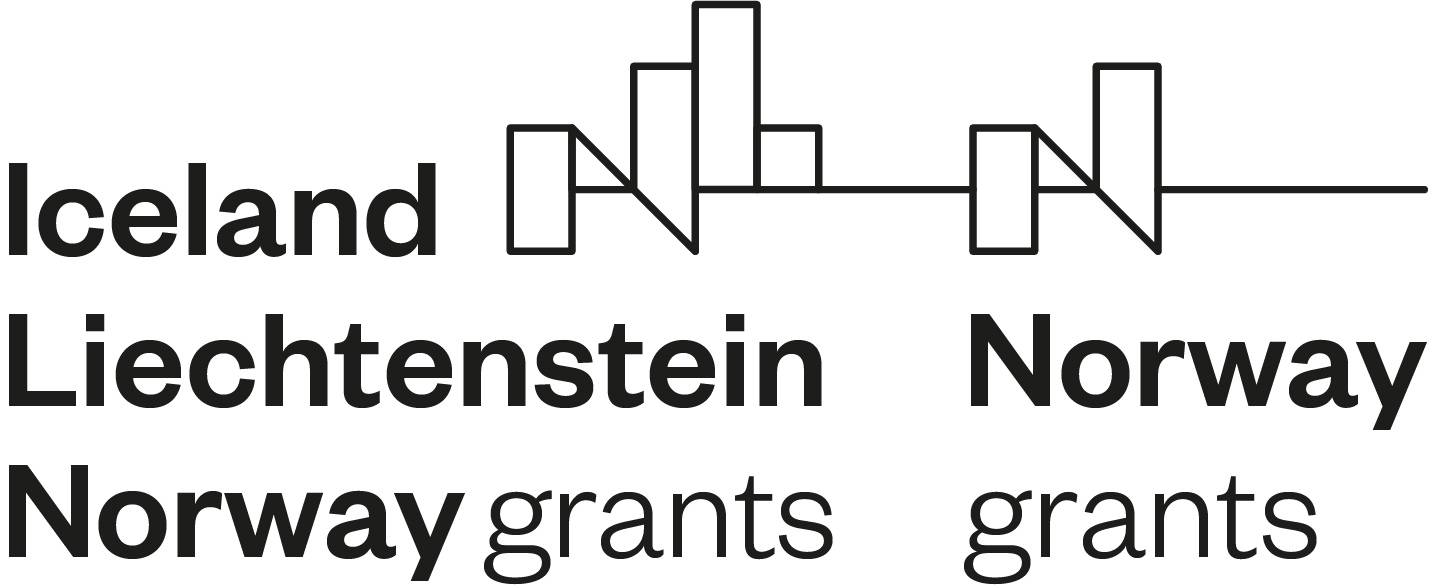
23rd March 2021
Hate speech, according to Lithuanian residents, is inappropriate and they do speak out against it. However, it is often mistakenly attributed to freedom of expression. In fact, people do not consider this a criminal offense. The vast majority are unaware that hate speech is a violation of human rights and can lead to legal liability. It is worrying that 7 out of 10 people who are exposed to hate speech do not report it or seek help.
These results came from the representative opinion survey of Lithuanian residents conducted by Vilmorus on behalf of the Office of the Equal Opportunities Ombudsperson.
Most people who encounter negative comments on the Internet would not seek to get help (47%) or would not know where to look for it (22%). Only 18% mentioned they would contact law enforcement authorities and 15% of them would try to reach social media or website administrators. Furthermore, only 2% of respondents would try to get in touch with the Office of the Inspector of Journalistic Ethics, which is responsible for preventing hate speech.
More than a fifth of survey participants believe that negative comments online about certain social groups are just innocent and reckless jokes. One-third think that such comments might fall under the freedom of expression (46% disagree with that while 22% had no opinion).
Based on the findings of this study, the Office of the Equal Opportunities Ombudsperson in partnership with the Office of the Inspector of Journalistic Ethics are launching an awareness-raising campaign called “Hate speech is a crime.”
Does not consider as a criminal offence
As many as 65% of survey participants believe that negative comments about certain social groups should be considered as a form of discrimination. Only 36% would agree that such comments would be considered a criminal offence (33% would disagree while 31% had no opinion).
Video of public serve ad “Hate speech is a crime”
Equal Opportunities Ombudsperson Agneta Skardžiuvienė hopes that a public service ad will encourage people consider that hate speech is a crime.
„Incitement to hatred is an act prohibited by the Criminal Code. The public must be informed not only about the legal regulation, but also why hate speech is so harmful. It violates the principle of equal treatment of people, intimidates, humiliates and makes them feel inferior. No resident of Lithuania deserves this,” says Mrs. Skardžiuvienė.
According to the Inspector of Journalistic Ethics Gražina Ramanauskaitė, people sometimes mistakenly consider any offensive words to be hate speech. In her opinion, it froms a misconception of this type of crime.
“Hate speech is an expression that spreads, incites, encourages or justifies hatred against a person or group of persons precisely because of their identity. Laws protect the equality of persons, which includes different characteristics of people, such as nationality, race, sexual orientation, gender, disability, age, etc. Banning hate speech does not mean that you cannot express your beliefs or criticize other people’s actions. It is important to remember that hate speech is harmful because it attacks the equality of people,” says G. Ramanauskaitė.
Criticism for negative comments
The vast majority of respondents (71%) agreed that negative comments about certain society groups on the Internet encourage hatred and confrontation (only 11.5% disagreed).
In order to get a more detailed account of the views of respondents, various situations were presented to the survey participants. They had to assess whether this or that situation could be considered as hate speech.
As many as 84% of people considered a situation where people of other races (skin colours) were threatened in the store while shopping to be hate speech. Only 3% disagreed.
In another example, a computer game where you have to shoot Roma people to win the game was considered as hate speech by 66% of people, 7% of them disagreed with this statement and 26% did not have an opinion.
81% of the study participants considered hate speech a case of comments on social media calling for violence against lesbian, gay, bisexual and transgender (LGBT) people. 3% of them did not think so, and 15% had no opinion.
In a situation where a politician calls on television to castrate people with mental disabilities (so that they do not give birth and have children), 78% of people recognized this as hate speech, 6% objected and 17% had no opinion.
A political scientist commenting on a terrorist attack abroad says that “all Muslims are terrorists” – 76% of respondents said this was hate speech while 5% disagreed with the statement and 19% had no opinion.

A screenshot from the public service ad “Hate speech is a crime”
The survey of Lithuanian residents about hate speech was conducted by Vilmorus, a market research centre for public opinion. The survey was conducted at the end of 2020 and took place in 27 cities and 44 villages. A total of 1001 Lithuanian residents over the age of 18 were interviewed. The survey of respondents was conducted in such a way that every resident of the country would have the same probability of being interviewed.
Encouraged to report
Only 50 cases of incitement to hatred against any ethnicity, race, ethnic, religious or other group of people were recorded in 2020, according to the Department of Information Communications. Police identified only 15 people suspected of incitement to hatred. However, most of the investigations have been discontinued.
Although there are few registered cases of incitement to hatred, vulnerable communities and experts agree that such figures are just the tip of the iceberg. People are reluctant to report hate speech they are facing.
The ‘Hate speech is a crime’ campaign aims to raise public awareness of the dangers and harms of the phenomenon of hate speech. The initiators also call for intolerance of hate speech and encourage reporting such crimes to the responsible authorities.
A new website is launched alongside the campaign www.nepyka.lt. There you will find practical information about hate speech and hate crimes, how and to whom to report, advice on how to get help for yourself and others. The website will also allow people to register observed cases of hate speech.
Hate speech and hate crime stem from negative attitudes towards the various groups that make up society. According to surveys, Lithuanians have the lowest level of tolerance for Roma people, Muslims, people with mental disabilities and LGBT people.

 The article is a part of the projects “#NoPlace4Hate: Improving Institutional Response to Hate Speech in Lithuania” and „#HATEFREE: Improving the Norway’s and Lithuania’s Bilateral Cooperation in preventing hate speech and mainstreaming equal opportunities”. The “#NoPlace4Hate” is partially funded by the Rights, Equality and Citizenship Programme of the European Commission (Project Agreement No. 875127 — LThe European Commission is not responsible for any usage of the information published in the article.GKT_HS — REC-AG-2019 / REC-RRAC-RACI-AG-2019). The „#HATEFREE“ project is funded by EEA and Norway Grants.
The article is a part of the projects “#NoPlace4Hate: Improving Institutional Response to Hate Speech in Lithuania” and „#HATEFREE: Improving the Norway’s and Lithuania’s Bilateral Cooperation in preventing hate speech and mainstreaming equal opportunities”. The “#NoPlace4Hate” is partially funded by the Rights, Equality and Citizenship Programme of the European Commission (Project Agreement No. 875127 — LThe European Commission is not responsible for any usage of the information published in the article.GKT_HS — REC-AG-2019 / REC-RRAC-RACI-AG-2019). The „#HATEFREE“ project is funded by EEA and Norway Grants.